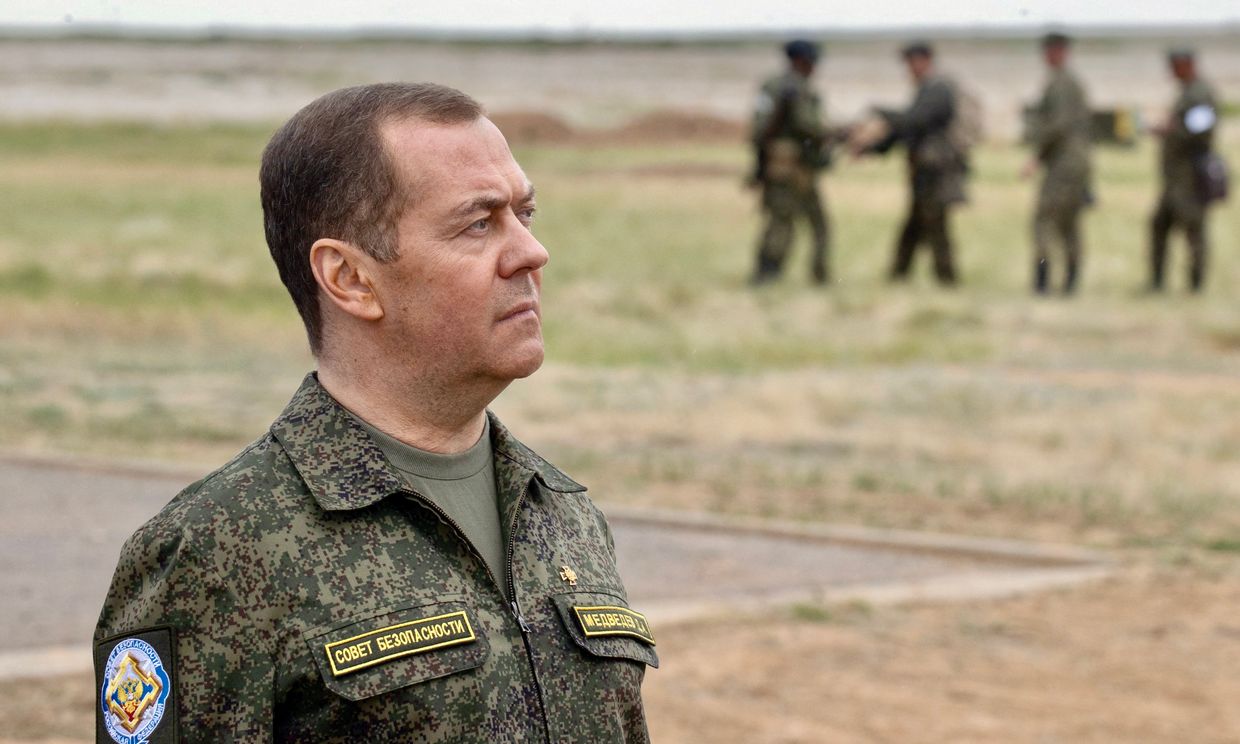Over 210,000 Russians sign contracts for war in Ukraine in first half of 2025, Moscow says

More than 210,000 Russians signed contracts with the Defense Ministry from January to July 2025 to fight in Ukraine, Dmitry Medvedev, the deputy chairman of Russia's Security Council, said on July 2.
"The pace is quite decent, good," Medvedev said at a meeting of the commission on Armed Forces staffing. "I hope that we will be able to maintain the same momentum in the future."
An additional 18,000 individuals have joined volunteer units, Medvedev added.
The revelation comes as Russia continues to escalate its war effort despite repeated calls from Ukraine, the U.S., and European partners for an unconditional ceasefire.
According to Western and Ukrainian intelligence cited by the Wall Street Journal, Russian forces recruit 30,000 to 45,000 new troops monthly — nearly twice the rate of Ukraine's mobilization, which President Volodymyr Zelensky said stands at 25,000–27,000 troops per month.
Ukraine estimates that Russia has suffered nearly 1 million casualties since the full-scale invasion began in February 2022. However, Moscow has offset its losses through aggressive recruitment and a steady influx of contract soldiers.
In late 2024, Russian President Vladimir Putin signed a decree increasing the size of the Armed Forces to 2.38 million personnel, including 1.5 million military service members.
Russia also this year launched its largest conscription drive in 14 years, aiming to enlist 160,000 men for mandatory service. The country holds two annual conscription campaigns, in spring and fall, requiring one year of service from eligible men.
While conscripts are not typically deployed to combat zones, the Kremlin has leaned on financial incentives and promises of pardons to recruit civilians and former inmates for its war.
Following the deeply unpopular partial mobilization of September 2022, which triggered an exodus of over 261,000 Russians, Moscow has avoided mass drafts, relying instead on contract-based service.
 The Kyiv IndependentKollen Post
The Kyiv IndependentKollen Post
